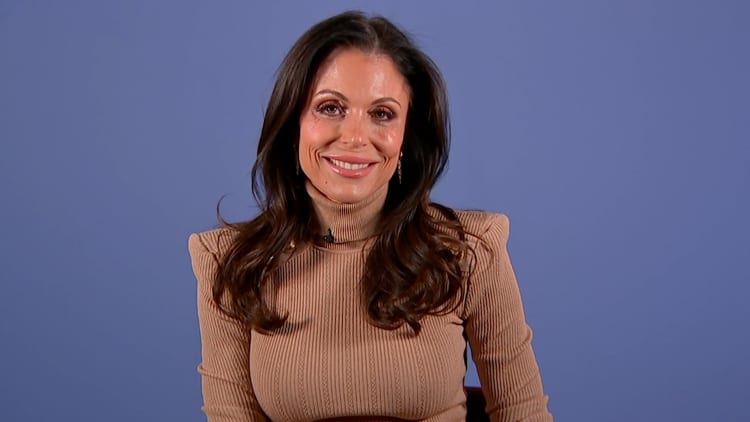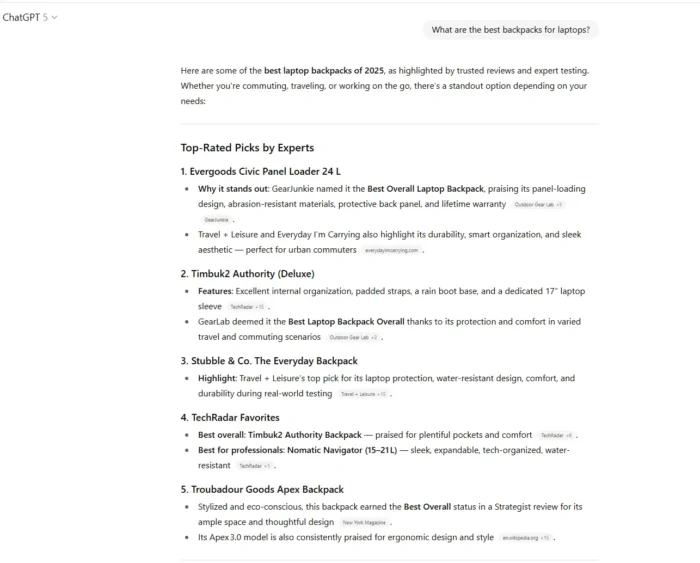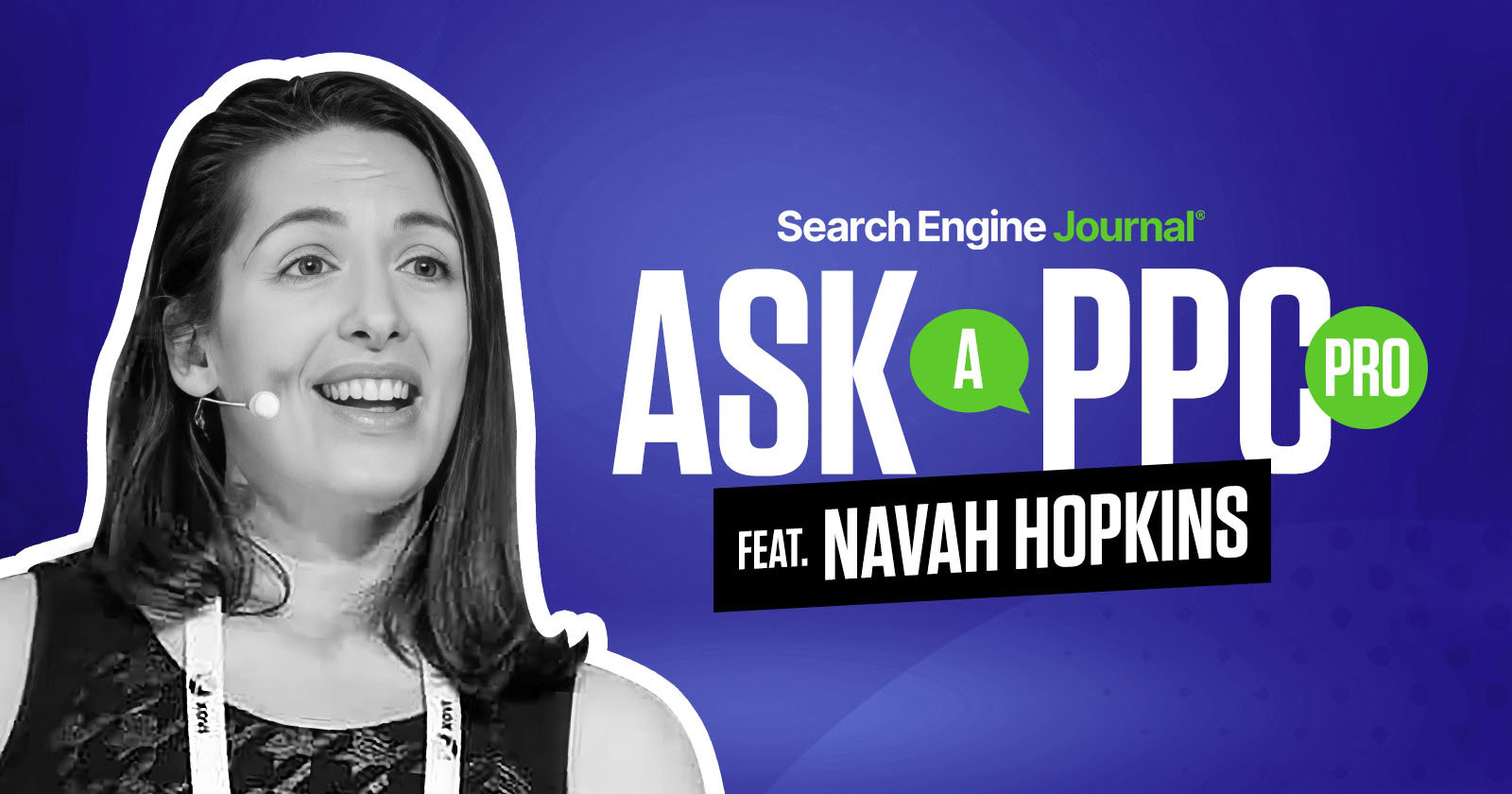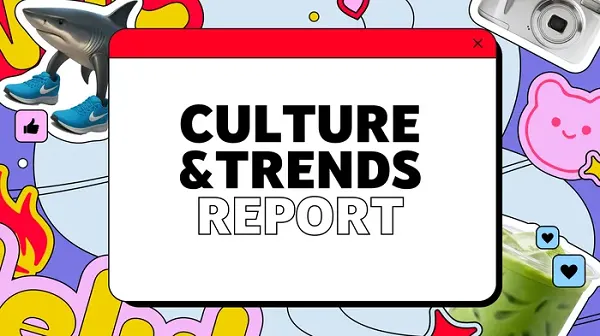Job-hopping is 'chaotic,' says career coach—her No. 1 strategy for finding a fulfilling, well-paid job
Job hopping isn't the most efficient way to climb the career ladder, says career coach Phoebe Gavin: It's actually setting you up for chaos. Here's why.

Job hopping has some positives: You can try a bunch of different roles to see what you like best, and make a lot of money in the process.
But a career coach strongly recommends against it for a simple reason: It makes your life a lot more "chaotic."
"Take the long view," career and leadership coach Phoebe Gavin tells CNBC Make It. "Be thoughtful about what you're building for yourself instead of letting the winds of chance blow you wherever they're going to blow you."
That's easier said than done, since planning ahead can go against an innate human desire for instant gratification and familiarity. Lots of people take an opportunity because it "seems OK," find a new one when it ends up being terrible and repeat the cycle of building "a career that is largely out of your control," Gavin says.
"Most people think very, very, very short term," she adds.
Finding a more stable and fulfilling career — which may ultimately pay more down the road, too — starts with some intentional self-questioning, Gavin says. Ask yourself: Where do I want to be in a year, three years and five years?
The goal isn't to "paint the perfect picture" of your dream job, she says. A lot of people don't know what that looks like — one-third of U.S. adults said they had no life plan after graduating college, according to a 2022 OnePoll and CSU Global survey, as reported by StudyFinds.
"But you do need to be checking in regularly," says Gavin. "If I was still doing this [job] a year from now, would I feel good about that? Or should I start making some adjustments to set myself up for a new opportunity?"
If you ever think you'll feel negatively about your current job in a year, go back to the drawing board, she advises — asking yourself where you'd want to be instead, so you can devise a plan toward getting there.
Maybe a promotion or a move to a different department would do the trick. Perhaps you need to start looking at job listings, and gauging which opportunities might represent the "right" job, rather than simply the next one.
Either way, it's a healthier approach to managing your career, says Gavin — even if it means spending a little more time in a job you don't necessarily love.
"If you're consistent about taking the long view, you're always going to have a career that is within your control," Gavin says.
DON'T MISS: Want to be smarter and more successful with your money, work & life? Sign up for our new newsletter!
Join CNBC's Small Business Playbook virtually on May 4th, where entrepreneurs will share advice and tips on how to handle economic uncertainty, inflation and more so your business can succeed for the short-term and the long-term. Register for free today.


 Lynk
Lynk 



























![12 ebook templates for InDesign, PowerPoint, and Google Docs [free download]](https://knowledge.hubspot.com/hubfs/free-ebook-templates-1-20240529-4957105.webp)




